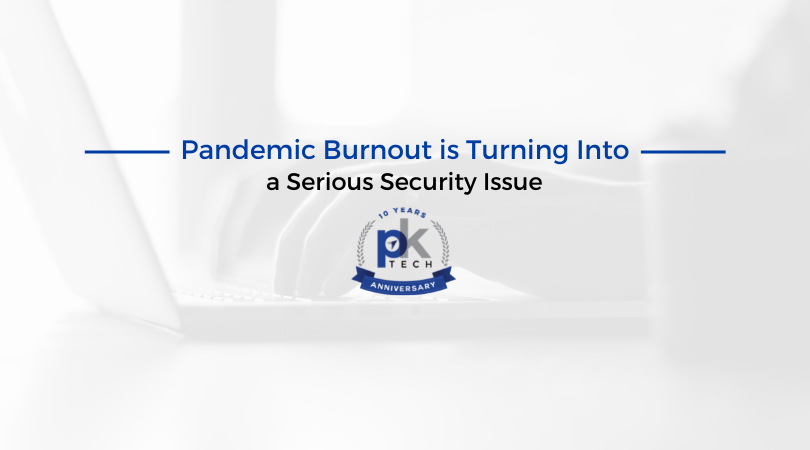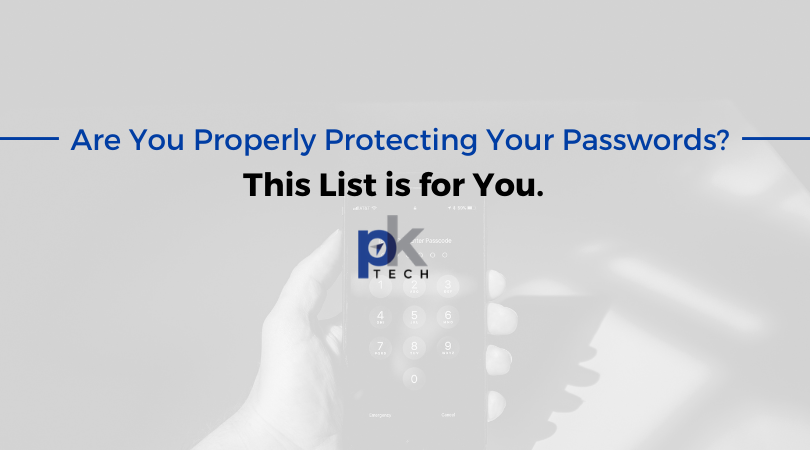Don’t Ignore Cybersecurity Just Because You Have Cyber Insurance
Let’s start at the beginning. Your organization just qualified for cybersecurity insurance. In addition, you probably noticed your premium increased....
1 min read
Megan Schutz : Updated on November 21, 2024

We’re officially almost two years into the COVID-19 and beginning to see the repercussions in many different areas. Supply chains are backlogged, companies are still recovering financially, and in the world of IT, remote work is posing a serious security challenge.
All types of employees are beginning to suffer from significant burnout, and that burnout is starting to put organizations at an increased risk for data breaches and cyberattacks. How does burnout relate to cybersecurity? A study by 1Password shows that nearly two years of remote work due to COVID-19 has left remote workers paying less attention to security guidelines. Burned out employees were found to be 3x more likely to ignore organizational cybersecurity best practices.
What’s more, research shows that burnout extends well beyond typical employees and specifically into cybersecurity workers . In a non-pandemic world, cybersecurity staff are on call and alert to counterattack suspicious activity. With burnout high among this subset of employees, the risk is less attention to countermeasures and more chance of attacks sneaking through.
The research from 1Password found that 80% of everyday workers feel burnout, while a higher 84% of cybersecurity workers reported burnout. The inherent risk is displayed in the numbers —burnout among cybersecurity workers directly results in both missed security threats and flaws not being fixed in a timely fashion, which unnecessarily exposes the overall organization.
If you still have a majority remote workforce at your organization and want to be proactive in approaching potential security issues, PK Tech can support your needs. Get in touch with us for an assessment.

Let’s start at the beginning. Your organization just qualified for cybersecurity insurance. In addition, you probably noticed your premium increased....

At PK Tech, we service several industries, but our roots lie deep in CPA firms. Since the beginning, PK Tech has provided IT support for CPA firms,...

Are you currently protecting your passwords for personal or business use? Curious about the best way to be doing so? We’ve compiled a list of some of...